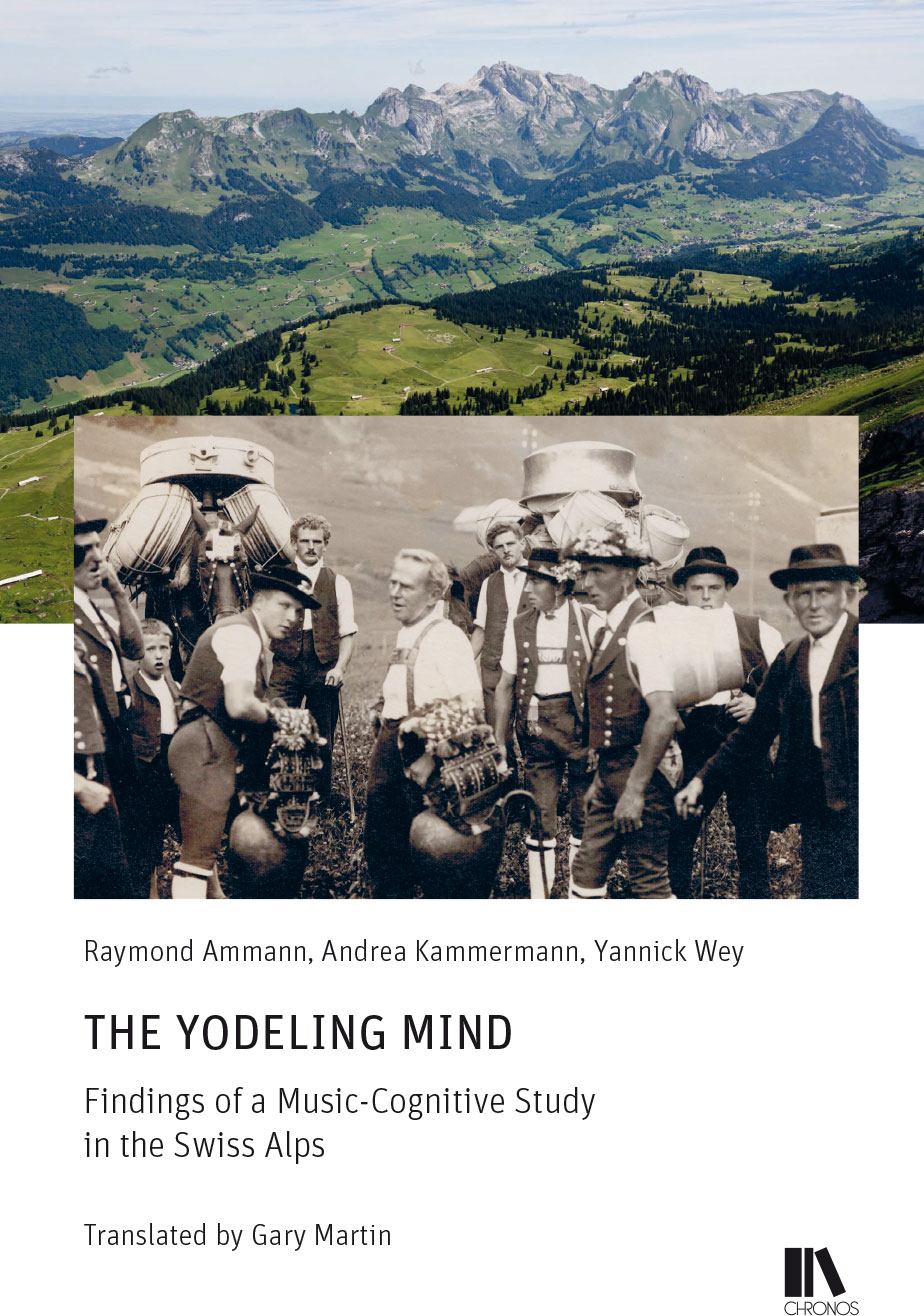- Kurztext
- Autor/in
Experienced yodelers in the region around the Alpstein possess an impressive repertoire of yodel melodies, which they can clearly distinguish, name individually and call up at any time, but of which uninformed people may say: “They all sound the same.” The typical characteristics of polyphony, slow tempo and repetitive yodel syllables make it difficult for outsiders to recognize the structure and form of individual yodel melodies. Since yodelers can easily differentiate a large number of yodel melodies similar in form, the question arises as to whether they employ special listening and memorization strategies.
This question, together with the fact that the melodies are transmitted orally, make the singing and yodeling culture of northeastern Switzerland of special interest for music-cognitive research. Since the processes of differentiation and memorization of melodies play out individually, both consciously and unconsciously, the present research combines music-analytical approaches with methods of ethnomusicological field research. The results contribute to understanding the cognitive aspects of yodeling in the Alpstein region and to bringing them into research as material for discussion.
Yodeling has experienced a popularization in the last twenty years that extends beyond the region studied. Many people find their own yodeling voice through courses, workshops or concerts. The present study provides interesting clues for a developing yodeling pedagogy.
Translated by Gary Martin
